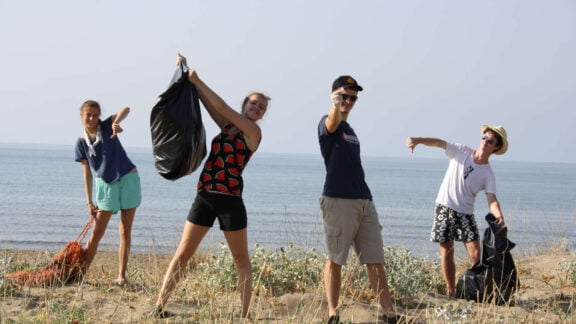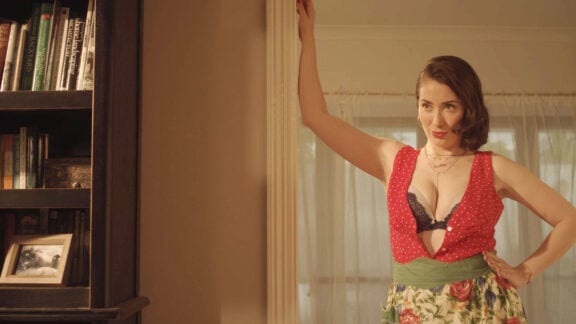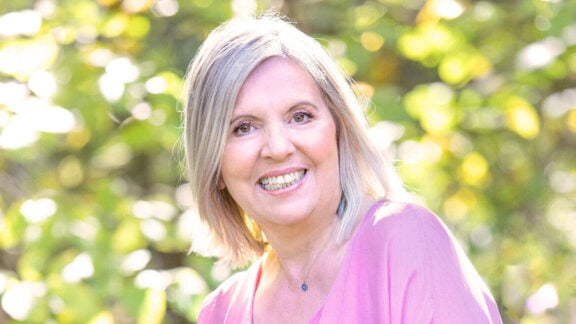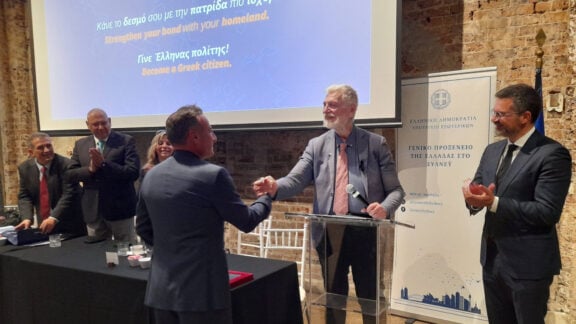The recent public outpouring of grief for the victims of the Paris massacre has once again highlighted the ‘us versus them’ mentality in some quarters. In comparison, the recent loss of life in the Beirut, Ankara and Mali massacres received minimal media and pubic attention.
My thoughts turned to my personal experience of the refugees whom I had met in Lesvos and the fact that they are now being implicated as being some of the terrorists of the Paris massacre. The innuendo is that Europe is now unsafe. Hundreds of thousands of refugees have flooded into Europe and amongst them are jihadists, fanatics, terrorists. Or so we are led to believe by some elements of our media.
In Lesvos, on what was supposed to be an idyllic summer holiday, my family and I encountered hundreds of fleeing refugees trudging the mountainous roads in the oppressive Greek summer heat. The young and the old. Women in headscarves carrying children. The more able guiding the frail. Syrians, Iraqis, Afghanis. All appeared exhausted and defeated.
They had arrived on the northern shores of the island in small vessels and from there began their arduous 70km trek across the island to reach the island’s capital, Mytilene.
We saw no official support or help from the authorities for the streams of these ragged and distressed people. The officials only in recent times have begun to provide transportation for them to Mytilene where they are subsequently processed.
We learnt of a number of NGOs and locals who were offering help. A priest (now deceased) had set up services for unaccompanied minors. Many local and international organisations were doing what they could. Local individuals were also offering support.
A few kilometres from our hotel, an abandoned building was being used by scores of refugees to rest overnight before continuing on the remainder of their journey to Mytilene.
The situation was distressing for us to witness. Families with children looking bewildered and defeated rested in the shade away from the brutal rays of the sun. We bought bread from the neighbouring bakery to offer them. The owner defensively told us that she could no longer hand out her bread to them. “I have my own children to feed. I cannot give anymore.” A police officer at the building asked if we had any shoes to offer the refugees as many of them were in desperate need for the remainder of their journey.
Our whole family was affected. Our 14-year-old son suggested we buy supplies of dry biscuits and bottled water and hand it out to the streams of refugees we were encountering on our road trips to the island’s various blissful and iconic destinations. Our whole trip’s emphasis changed in its focus with this daily act that we undertook.
We stopped whenever we saw refugees and offered them what we had bought. We would encounter a hundred or so a day. Our symbolic act was received with warmth and gratitude. ‘Shukraan’, Arabic for thank you, was the response we heard over and over. The ones who spoke English sometimes distressed us with their conversations: “How far for us to walk?”; “Where can we find the police?” One mother holding her baby pleaded with us to take her with us in our car. We explained it was illegal for us to do so (as they had yet to be processed by the Greek authorities in Mytilene, aiding their transport would be considered people smuggling).
When our food supplies ran out we would feel guilty with the knowledge that in a few hours we would enjoy a plethora of scrumptious mezedes at a seaside taverna. When our water ran out the next group of refugees would ask for water. “Not too far to go,” we would encouragingly say to them. “A few more kilometres and you will arrive at the next village.” We would wish them all “good luck”. I’ve never experienced such gratitude for such a small symbolic gesture and phrase. Our family would continue the road journey in silence, touched by what we were experiencing. How could we not feel guilty with this? We were enjoying a decadent holiday while a miserable human tragedy was unfolding before our very eyes.
It was the week of the referendum in Greece and the locals were more anxious than usual about their economic futures. The restaurants, taverns and cafes were full of locals despite the Greek economic crisis. As we ate and drank, some of the locals when discussing the refugee crisis said “we have our own problems, how can we worry about them?” Others ‘predicted’ that amongst the refugees were jihadists on a mission. I hoped that these were not the prevailing viewpoints of the majority of Greeks.
No doubt Greece is in economic dire straits. I would hope, however, that the Hellenic spirit of hospitality, generosity and philotimo will never be extinguished. I wonder if any inhabitants of Lesvos showed the same indifference and suspicion to the Greek refugees flooding onto their island in 1922 in the aftermath of the Asia Minor Catastrophe?
The majority of media reports about the refugee crisis have portrayed Greece’s response in a positive and humanitarian light. I hope this continues. I hope people will not fall into the trap of the ‘us versus them’ dichotomous mentality. The situation is far more complex than that.
Advertisement








